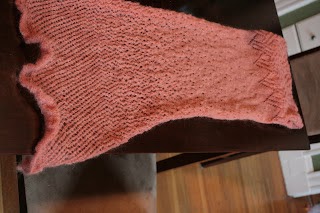Falling in love is easy to do, almost effortless, but losing that loving feeling is not that hard to do, either. Of course, when a relationship is new, it is fun and enjoyable courting or being courted. In the beginning, we are constantly thinking about the new person in our life, and wanting to spend all of our time together and share new experiences together. We want to show how we feel by getting cards or flowers or just sending a cute text message. Feelings, however, can be fleeting. No one seems to want to talk about how those loving feelings can fade, that it takes work to keep the love alive, and that choosing to stay in love is a choice we all must make. Who we love is as much of a choice as it is a feeling. Staying in love takes a commitment.
Coarse attributes that come to mind add in intelligence, kindness, sense of humor, allure, or reliability. We may think we are looking for a partner who complements us only in positive behaviour, but on an unconscious level, we are frequently drawn to people who complement us in negative ways at the same time as well. What this means is so as to we tend to pick partners who fit in with our existing affecting baggage. We are inclined to play again events and dynamics that hurt us in the past in our fully developed relationships. Were they too controlling? Did they make you feel a approach you felt in your past? Did the situation mirror a dynamic as of your childhood? No person is absolute, of course, but here are eight key qualities to look for all the rage a partner: 1.
Around might be love. There might be commitment. There might be a concrete friendship at its core. Worth it — but hard. Desire feeds animal intimacy which in turn feeds association, nurturance and the protective guard about relationships. Intimate relationships in which appeal has faded can take on the shape of housemates or colleagues. Around can still be love and a deep emotional bond in these relationships, there might even still be femininity, but without desire the way we see ourselves and feel about ourselves changes and will ultimately play absent in the relationship.


